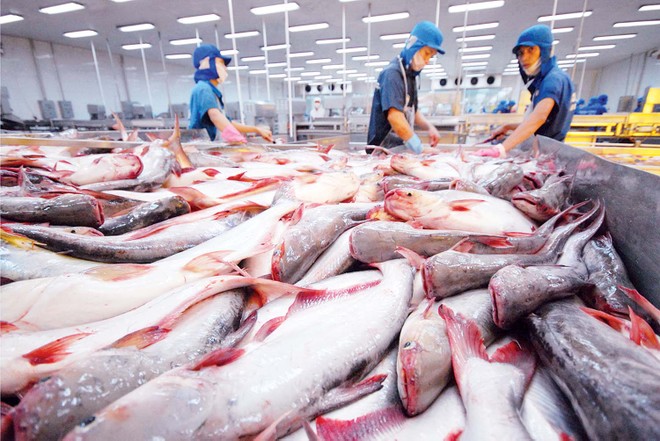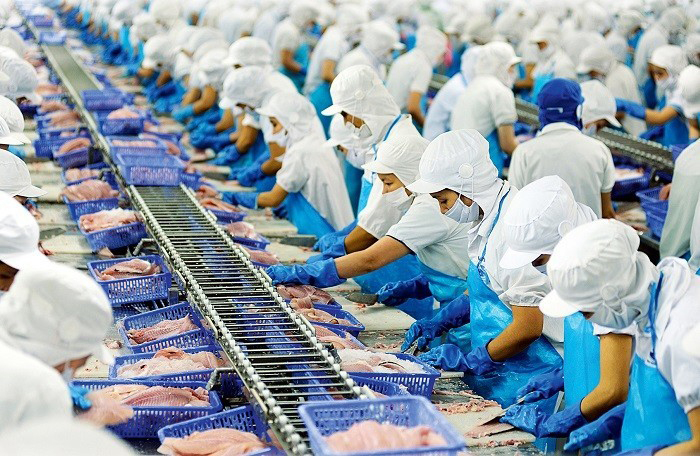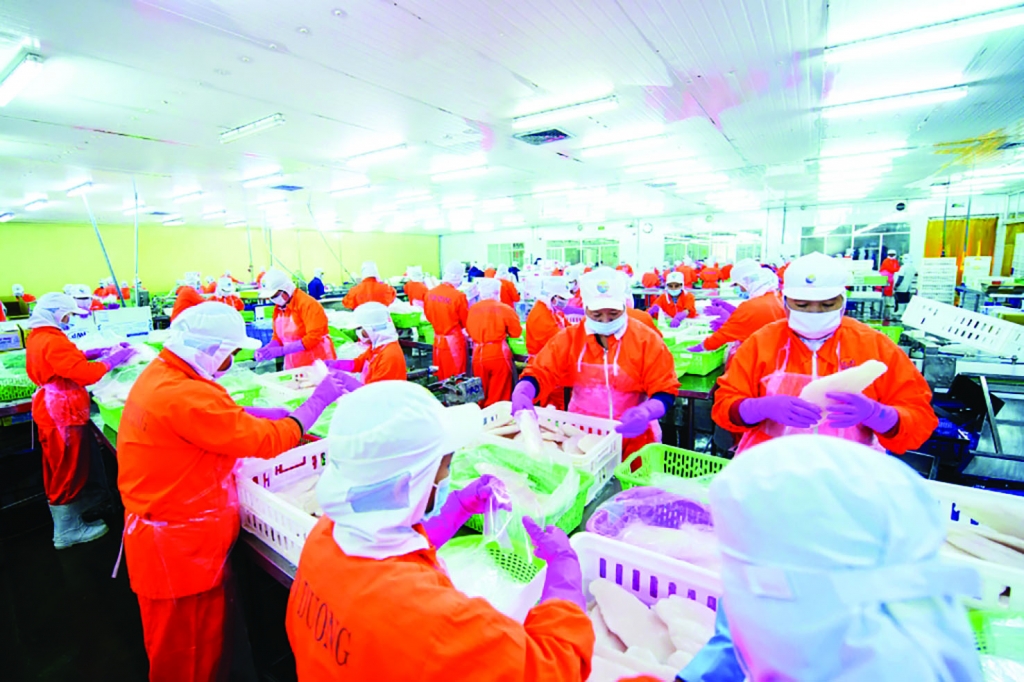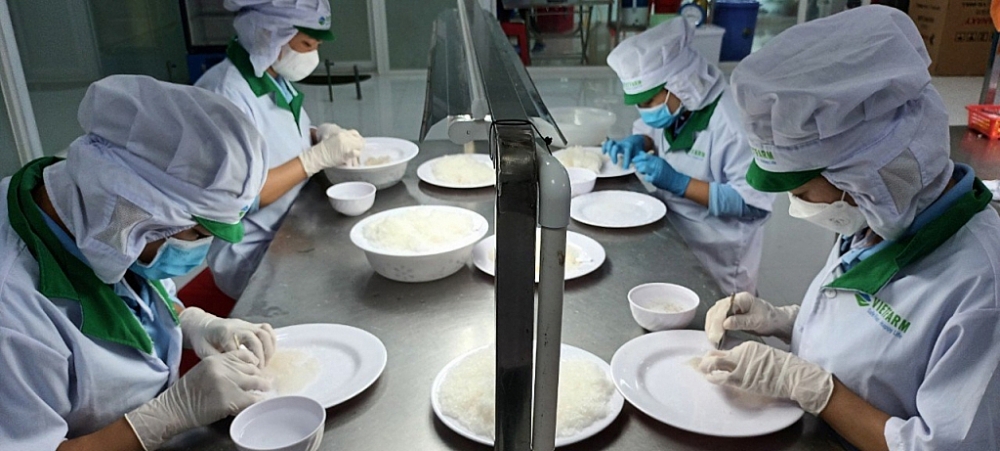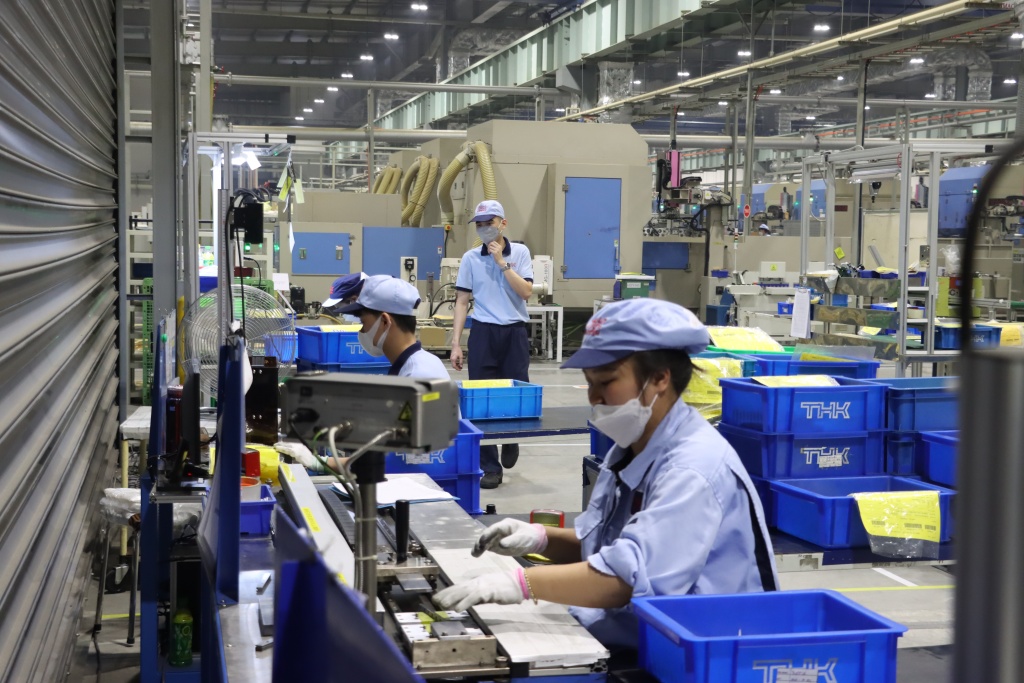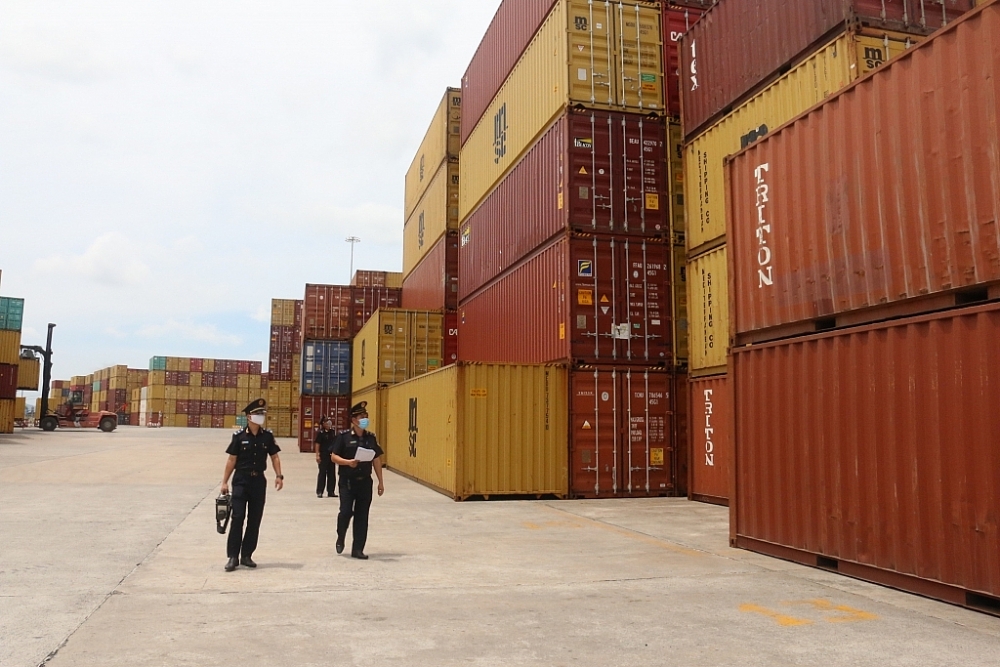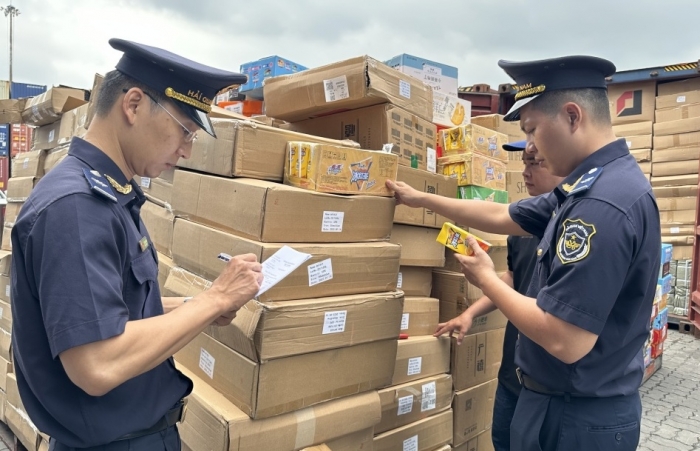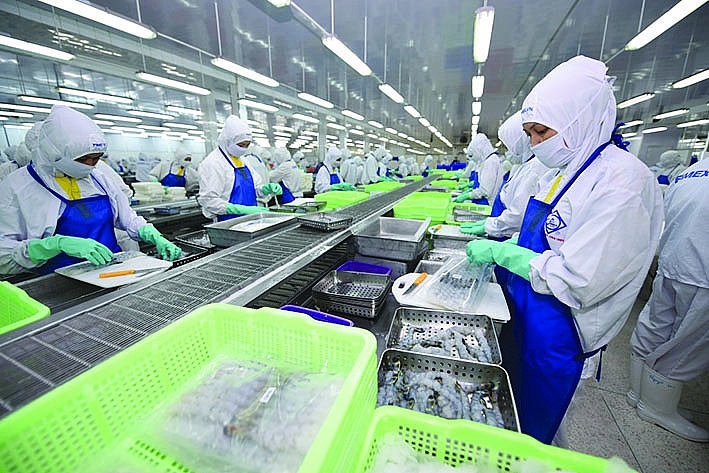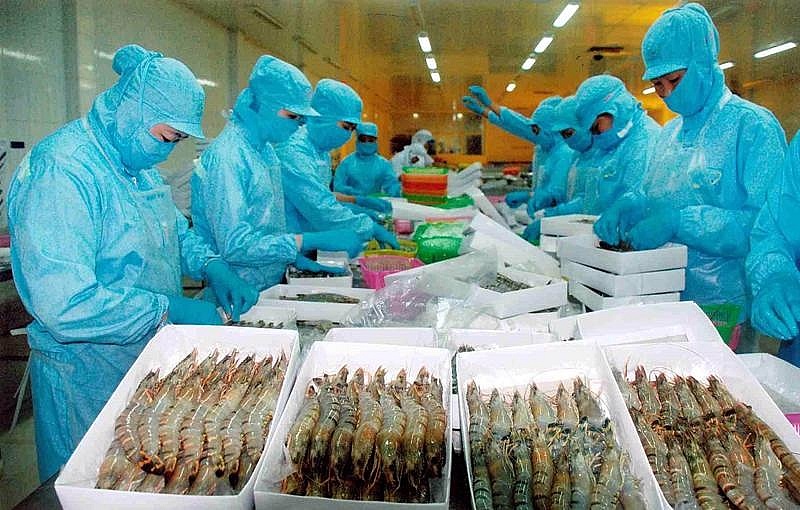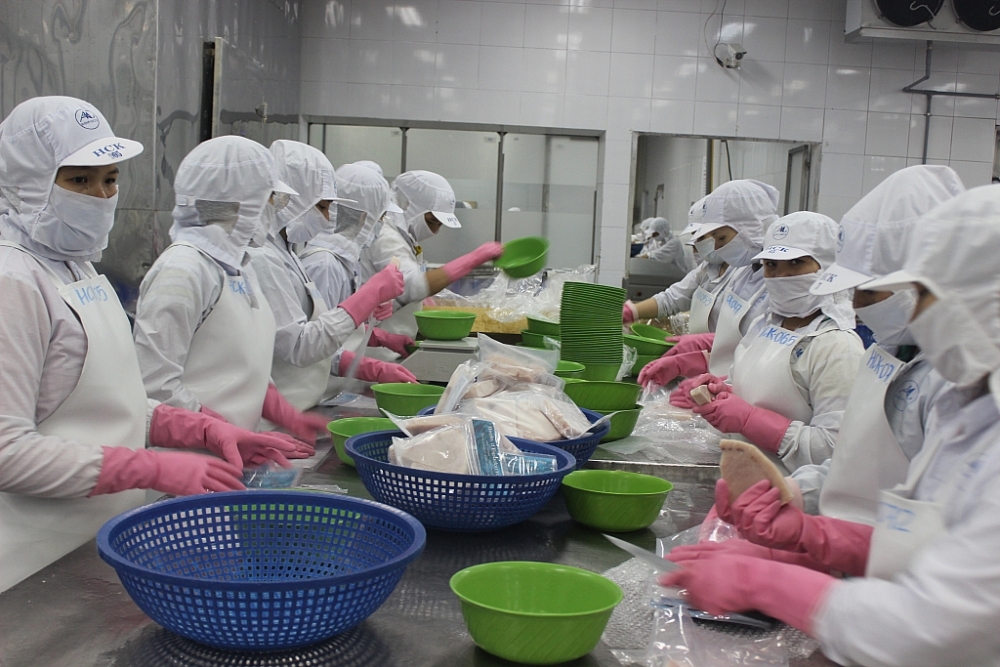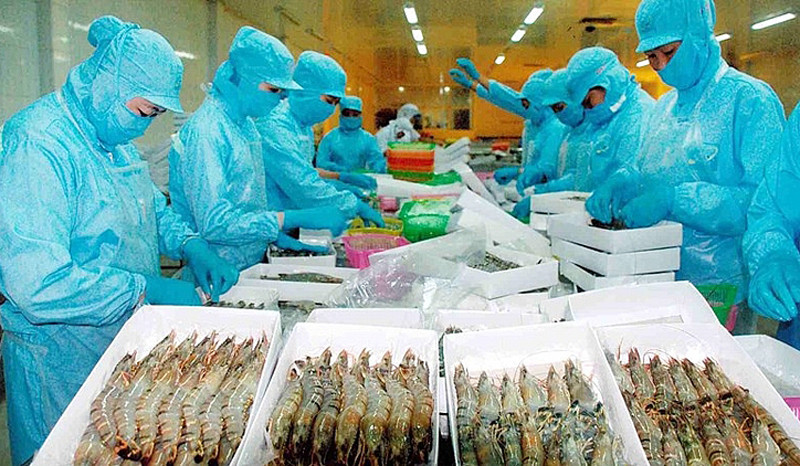On March 24, in Hanoi, Minister Le Minh Hoan chaired a meeting on implementing and applying technical advances in agriculture and post-harvest technology. Attending the meeting were leaders and scientists from Departments, Centers, Institutes, and Schools under the Ministry of Agriculture and Rural Development.
Reporting on the results of recognition of technical progress in agriculture and post-harvest technology for the period 2018-2023, Mr. Nguyen Quang Tin, Deputy Director of the Department of Science, Technology and Environment said: In five years Over the past year, a total of 465 varieties and 220 technical processes in the fields of agriculture and post-harvest technology have been recognized. On average, each year there are about 100 varieties and more than 40 technical processes recognized, of which the farming sector accounts for the majority (68%) with 373 varieties and 91 processes, of which rice and corn are the most recognized ( rice: 168 varieties, 9 technical processes; corn: 43 varieties and 3 technical processes). Other fields such as farming; breed; forestry; Agricultural electromechanics, post-harvest technology, each field accounts for around 10%. The rate of recognition of technical equipment (in terms of varieties) by public service units accounts for 70%, companies and businesses account for 30%. According to Mr. Nguyen Quang Tin, the Audit Committees cover all agricultural fields, helping to improve the quality of agricultural products and accessing the level of Audit Committees in the region, bringing efficiency to producers and encouraging the development of agricultural products. Business participation, promoting sustainable agricultural development. However, technical laboratories are still few, small scale, have not created a breakthrough in production, the science and technology market has not developed (there are good varieties but not much has been transferred), difficulties in implementing Decree 70/2028 /ND-CP of the Government needs to be removed.
To promote technical expertise in the agricultural sector and post-harvest technology in the coming time, Mr. Nguyen Quang Tin stated solutions, including: Strengthening cooperation and creating more partners between farmers, researchers and agricultural extension officers to help transfer technical progress more effectively; Application of precision agriculture, smart agriculture: technologies such as sensors, GPS maps and drones to accurately measure and manage crop yields; Provide access to inputs and outputs such as seeds, fertilizers, and pesticides to effectively apply new technologies; Select and develop appropriate technologies; Capacity training for farmers, agricultural extension officers, and researchers; Promoting the sharing of knowledge and knowledge through conferences, seminars and online forums, sharing information to help increase the number and quality of technical laboratories in agriculture...
Professor Tran Dinh Hoa, Director of the Vietnam Institute of Water Resources, spoke at the meeting
At the meeting, delegates stated the implementation situation and limitations and difficulties in applying and transferring technical equipment into agricultural production in fields such as agricultural extension, forestry extension, electromechanics, and post-harvest technology. planning, irrigation, fisheries... and propose recommendations for the Ministry of Agriculture and Rural Development to support in order to put Technical Reporting into practice, reaching farmers, thereby developing the agricultural sector more and more sustainably.
Mr. Nguyen Quang Hung, Deputy Director General of the Directorate of Fisheries spoke at the meeting
Speaking at the meeting, Minister Le Minh Hoan emphasized: In an industry chain, it usually starts with seeds, followed by production, harvesting, post-harvest, processing, packaging, distribution, and marketing processes. schools, consumers. However, currently that industry chain does not seem to be continuous but is being cut into pieces. According to the Minister, 2023 is considered the year of standardization of the agricultural industry, which will not only standardize varieties but also standardize farming, harvesting, and post-harvest processes. The direction of science and technology in the coming time needs to be clearer to create the image of a professional agriculture with standardized processes from seeds to cultivation, farming... and until products are brought to market. “Research topics need to be close to reality, put into practice, and truly help farmers. Scientific thinking but at the same time must also be accompanied by thinking like economics, thinking like a business", the Minister emphasized.
Overview of the meeting
Source: Ministry of Agriculture and Rural Development

